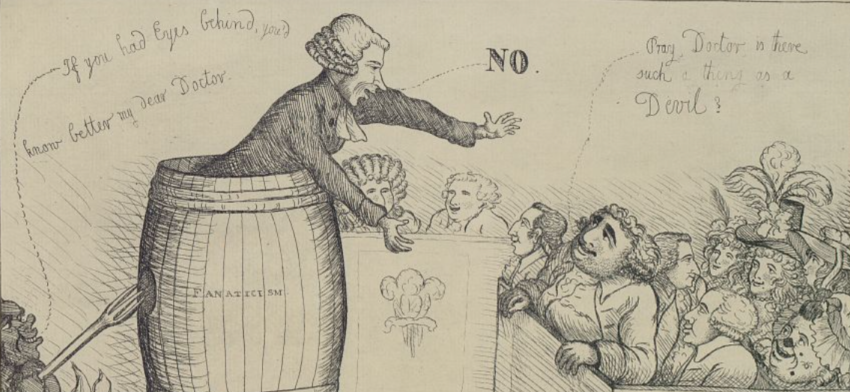Quakerism today comes in many different shapes and sizes. A majority of Quakers worldwide live in the countries of East Africa, Central and South America, and would consider themselves evangelical Christians. Their form of Sunday worship would normally consist of hymn singing, bible readings and a sermon given by a preacher, much as any other evangelical Christian sect. In Britain, the birthplace of Quakerism, very few Quakers would consider themselves to be evangelical Christians and their form of Sunday worship would be completely unfamiliar to most Christians. Across the United States, there is a mixture of forms and theologies that all go by the name of Quaker.
What do all these different theologies and forms of worship have in common, if anything? For today’s “radical Quaker,” the underlying feature of Quakerism is the belief that there is that of God in each one of us, and on the basis of that core belief comes a set of testimonies about how we live and how we treat each other. Because if there is really that of God in each one of us, then it follows that there is something very sacred about every single human life. The taking of a human life, therefore, whether by murder, by warfare, or by state execution, is not something we can ever condone. That is the foundation of the Quaker Peace Testimony.
And if there is that of God within each one of us, then it follows that we all deserve to be treated equally and fairly, with the same dignity and respect, no matter who we are. No one is “above” anyone else in the eyes of God. Men and not superior to women, Caucasian people are not superior to people of African descent, people who fall in love with those of the opposite sex are not superior to people who fall in love with those of the same sex. That is the foundation of the Quaker Testimony to Equality.
Being a “radical Quaker” is about taking these, and other, Quaker testimonies to heart, and recognising that our purpose here on this earth is not only to live out these testimonies as best we can in our daily lives, but also to work ceaselessly for a world in which these testimonies can be realised for all people everywhere. And that means being “radical” in the political sense – working for peace and justice not just at the superficial level where we see the immediate effects of war and injustice on the lives of those who suffer most directly from these things, but going in deep to address the root causes of all that hurt and suffering.
The root causes of most hurt and suffering in the world today lie in the systems and structures of class, racism and patriarchy that have been built up over the centuries to assert the power and domination of certain groups of people over others, and the physical and psychological violence that is used against anyone who challenges those systems and structures. These systems and structures are the very opposite of the radical equality as proclaimed by Quakers, and the use of violence to maintain these systems and structures is the very opposite of the radical commitment to peace and nonviolence as proclaimed by Quakers.

Hi, this is a comment.